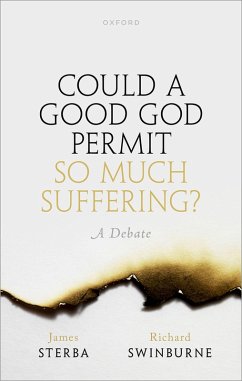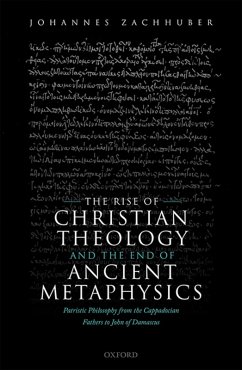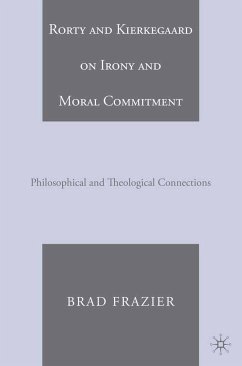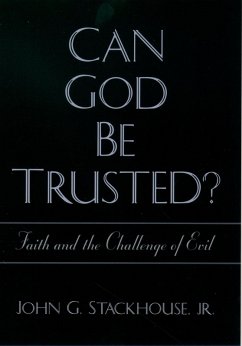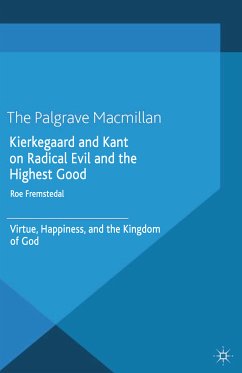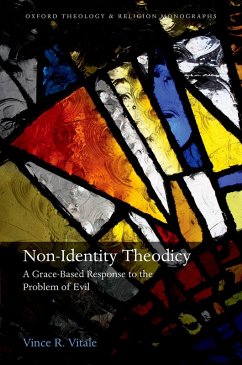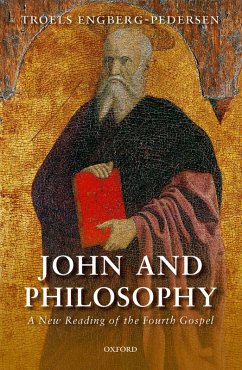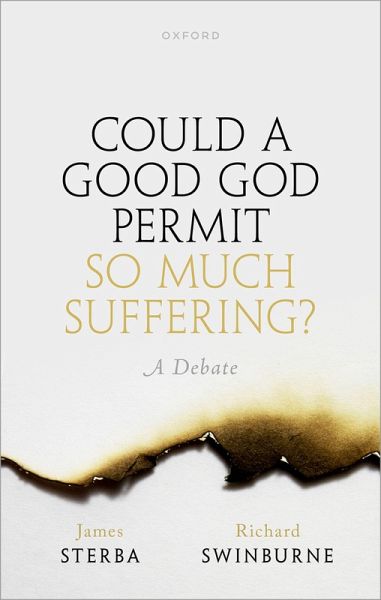
Could a Good God Permit So Much Suffering? (eBook, PDF)
A Debate
Versandkostenfrei!
Sofort per Download lieferbar
11,95 €
inkl. MwSt.
Weitere Ausgaben:

PAYBACK Punkte
6 °P sammeln!
Could a Good God Permit So Much Suffering? presents a debate over whether the degree and amount of moral evil that actually exists in our world is logically incompatible with the existence of the all-good, all-powerful God of traditional theism. James Sterba puts the case in favour of this proposition, on the basis that the evils of the world are so horrendous that their occurrence violates principles requiring the prevention of moral evil, conclusively showing the non-existence of an omnipotent and perfectly good God. In reply, Richard Swinburne argues that our major benefactors, parents and ...
Could a Good God Permit So Much Suffering? presents a debate over whether the degree and amount of moral evil that actually exists in our world is logically incompatible with the existence of the all-good, all-powerful God of traditional theism. James Sterba puts the case in favour of this proposition, on the basis that the evils of the world are so horrendous that their occurrence violates principles requiring the prevention of moral evil, conclusively showing the non-existence of an omnipotent and perfectly good God. In reply, Richard Swinburne argues that our major benefactors, parents and the State, have rights to permit us to suffer if doing so is necessary to secure some good for ourselves or others. Therefore, Swinburne claims, as so much greater a benefactor than are parents and the State, it follows that God has a far greater right to allow suffering to a high degree if allowing such suffering is the only logically possible way for God to secure some very great goods for ourselves or others. Further responses from both Sterba and Swinburne continue the debate, ensuring that all lines of argument are thoroughly explored.
Dieser Download kann aus rechtlichen Gründen nur mit Rechnungsadresse in A, B, BG, CY, CZ, D, DK, EW, E, FIN, F, GR, HR, H, IRL, I, LT, L, LR, M, NL, PL, P, R, S, SLO, SK ausgeliefert werden.




